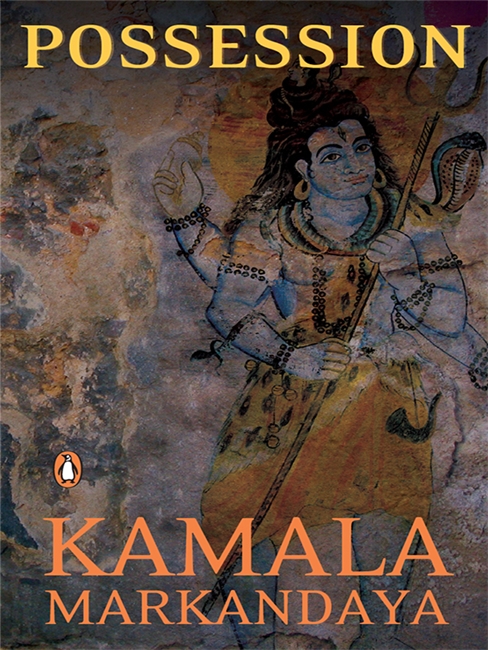
‘“Caroline thinks Valmiki belongs to her . . . People don’t easily give up what they think are their possessions. The English never have.”’
Anasuya, an Indian writer, meets the wilful Lady Caroline Bell at a party and is soon swept away by the manic energy that surrounds her. She watches as Caroline takes charge of Valmiki, a humble shepherd boy who expresses himself through painting, and whisks him away from his ragged family in a small south Indian village to London, introducing him to modernity, luxury and high society.
Initially dependent on Caroline, Valmiki becomes increasingly like her, learning the ways of the West through her unorthodox methods. But he is also unable to sever all connections with his past as he depends equally on the Swamy, an ascetic who first recognized his talent. As he grows to become his own person, one who sees the people and things around him as his possessions, Valmiki questions whether Caroline’s motives for nurturing him are purely altruistic and turns to the Swamy for advice.
Anasuya, who has been a mute spectator to Caroline’s games and machinations, fears for Valmiki’s well-being as the Swamy and Caroline head towards an inevitable clash of egos, one that is sure to end in destruction.
In Possession Kamala Markandaya deftly explores the ties that bind benefactor and artist, master and disciple, displaying the ease with which boundaries can blur, turning patronage into possession.
Imprint: India Penguin
Published: Feb/2010
ISBN: 9780143068525
Length : 240 Pages
MRP : ₹250.00